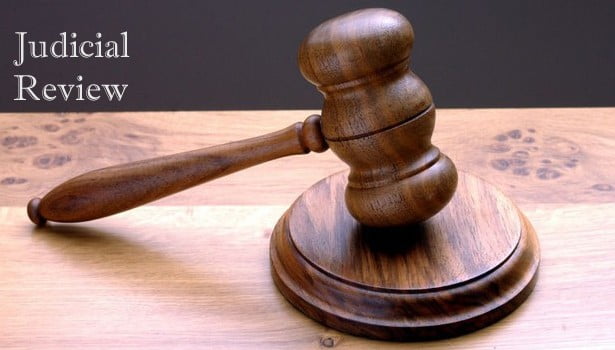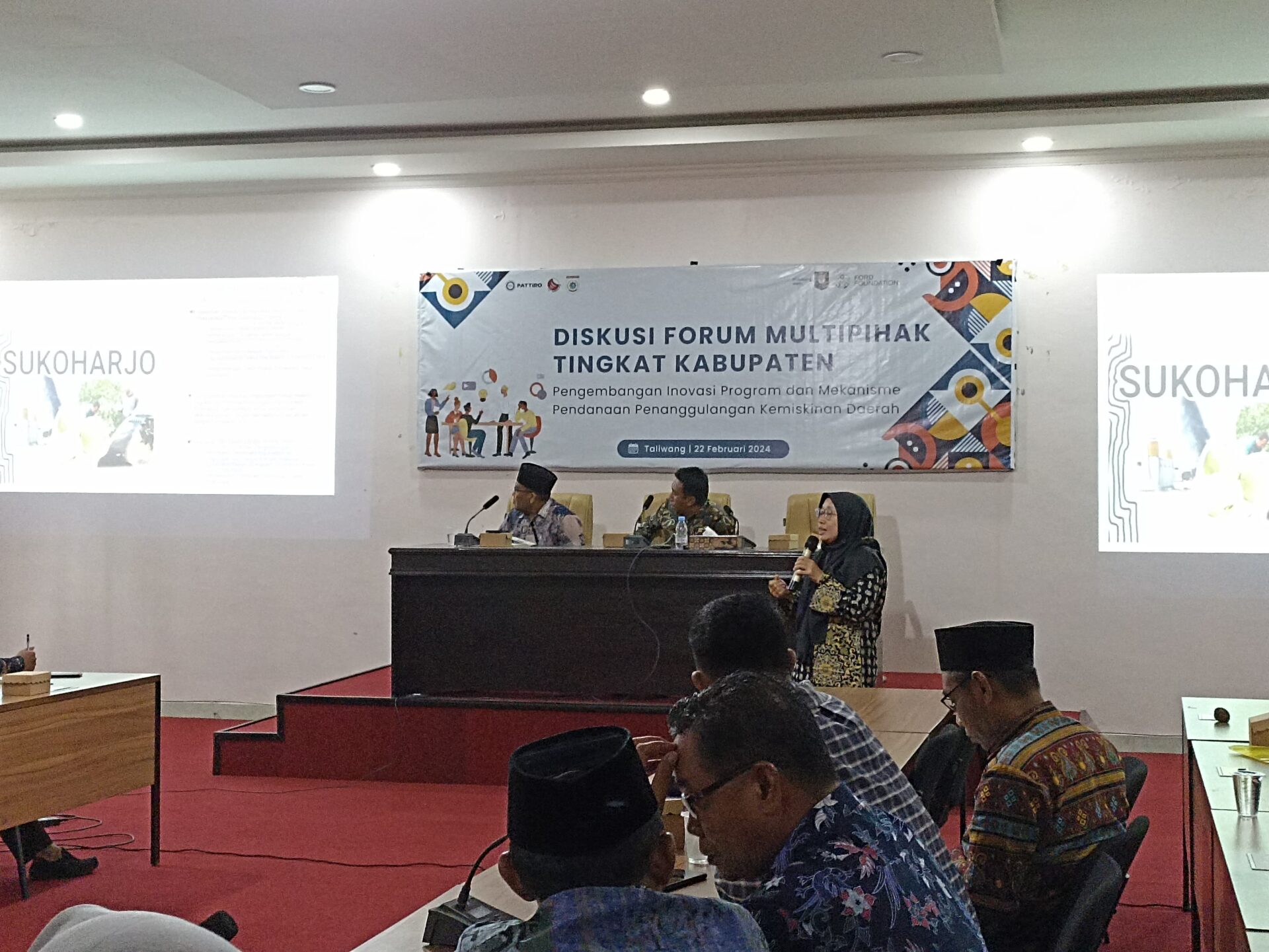
Judicial Review (Material Test) of Law (UU) number 17 of 2003 concerning State Finance and Law number 15 of 2006 concerning the Supreme Audit Board submitted by the BUMN Forum (State Owned Enterprises), the Legal Bureau of the Ministry of BUMN and the Center for Study of Strategic Issues University of Indonesia (PPMSUI) before the Constitutional Court (MK) is entering its final round and has sparked controversy in the public eye. The public condition was divided, some hoped that the Court would grant it immediately, some asked that the Court not be hasty in deciding, and some others hoped that the Court would reject the judicial review.
The Center for Regional Studies and Information (PATTIRO) is of the opinion that the Constitutional Court should refuse the judicial review, because if it is granted it will make it difficult for the public (society) to measure and assess the social accountability of public services provided by SOEs. In article 1 paragraph 3 of Law number 24 of 2008 concerning Public Information Disclosure (UU KIP) what is meant by Public Bodies are executive, legislative, judicial and other bodies whose functions and main tasks are related to the administration of the state, which are partially or wholly the funds are sourced from the state revenue and expenditure budget and/or regional revenue and expenditure budget, or non-governmental organizations as long as part or all of the funds are sourced from the state revenue and expenditure budget and/or regional revenue and expenditure budget, community donations, and/or foreign countries.
If the judicial review is granted by the Constitutional Court, then there will be a separation of the management of state finances, so that state money in BUMN is considered not part of the APBN (State Expenditure Budget) so that the assumption will appear that BUMN is no longer a public body. If they are no longer a public body, BUMN is no longer obliged to provide information to the public, so that it will be difficult for the public to measure and assess social accountability for the success of public services provided by BUMN. In fact, article 2 paragraph 1 part c of Law number 19 of 2003 concerning BUMN states that one of the aims and objectives of establishing BUMN is to provide public benefits in the form of providing goods and/or services of high quality and adequate for the fulfillment of the lives of many people. In addition, if the judicial review is granted, it is feared that the perception of not being a public body will be followed by other public institutions or bodies, for example by universities or other institutions that receive funds from the APBN or APBD.
In fact, the filing for a judicial review of the two laws originated with BUMN managers who did not want to be brought to court just because BUMN losses could easily be declared as state losses. For this reason, there are efforts to separate state assets that are in SOEs and declared not part of state finances. In addition, the BPK’s function as a state financial examiner must be removed from BUMN.
In comparison, in order to control owned BUMNs to remain functional, the Chinese state issued a Law on BUMN Assets, which is often referred to as the State Property Law. In this law, the separation of state assets in SOEs is applied but still gives the state authority to supervise and supervise through their auditing bodies. In other words, state assets in BUMN are separated, but the obligations of BUMN as public bodies are still maintained.
Eliminating provisions regarding separate state assets and removing the BPK from BUMN and other public bodies that receive funds from the APBN and APBD, is a wrong idea, so that the judicial review of the State Finance Law and the BPK Law is irrelevant and must be rejected by the Constitutional Court. According to PATTIRO, Indonesia actually needs more laws that regulate state assets, including the assets that are separated in it. This law will also regulate the limits on state losses related to the management of state assets that are separated, the function of the BPK in a more proportional manner, and specifically which institution has the authority to handle corruption.
Jakarta December 5, 2013
Sad Dian Utomo | PATTIRO Executive Director
saddian@pattiro.org | 0812 800 3045
Contact Person:
Ahmad Alamsyah Saragih | Senior Advisor PATTIRO
saragihalamsyah@gmail.com | 0811 2051 294
The Regional Research and Information Center (PATTIRO) is a non-profit organization that encourages the realization of good, transparent and fair local governance for the social welfare of the community. PATTIRO, which was established on April 17, 1999 in Jakarta, is engaged in research and advocacy with a focus on local governance issues, especially decentralization. PATTIRO’s focus areas consist of public service delivery improvement; public policy reform (public policy reform); and public budget management reform (public finance management reform).
(for details please see www.pattiro.org)





